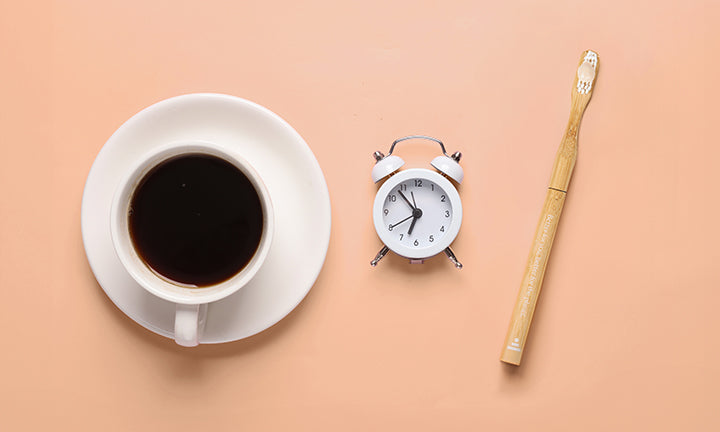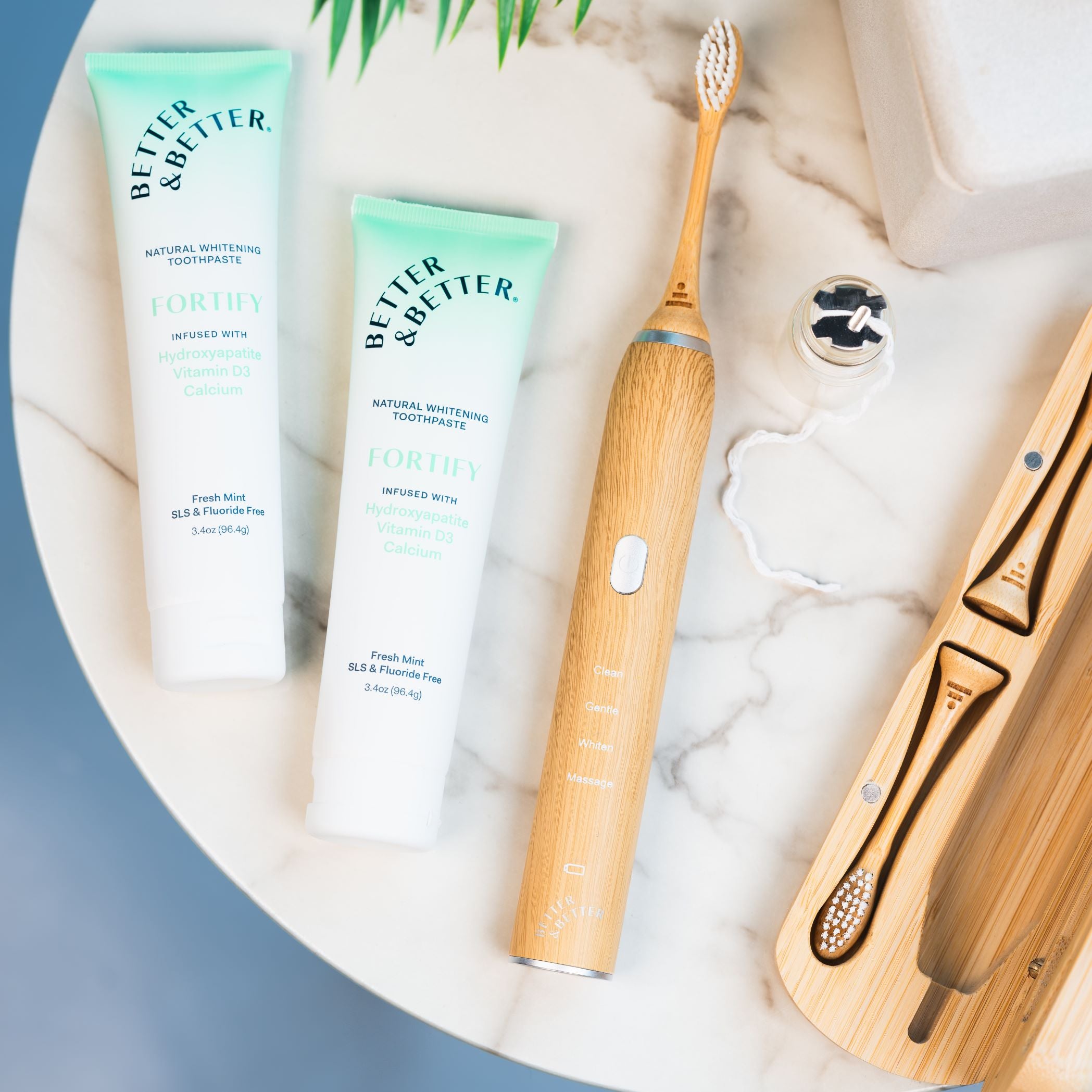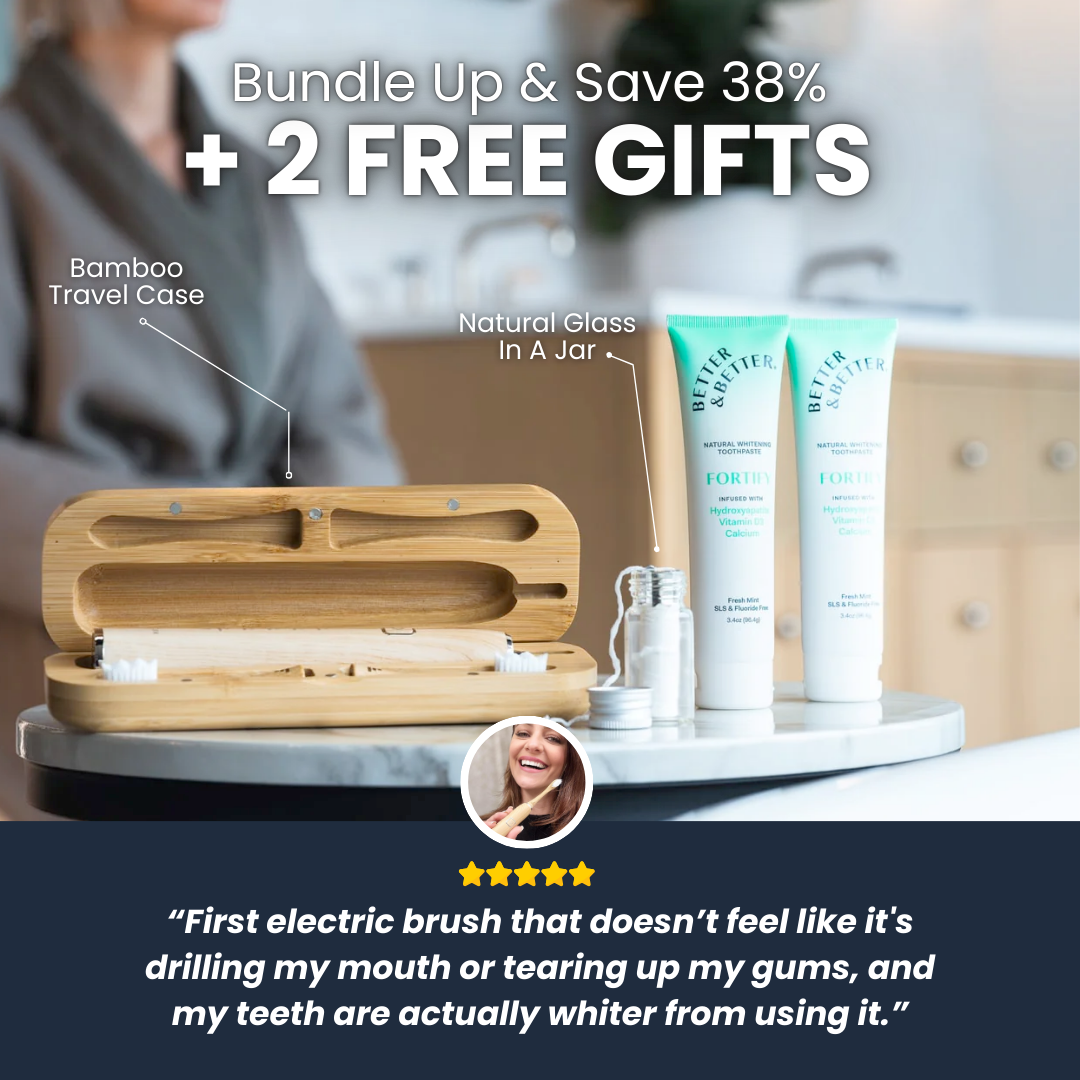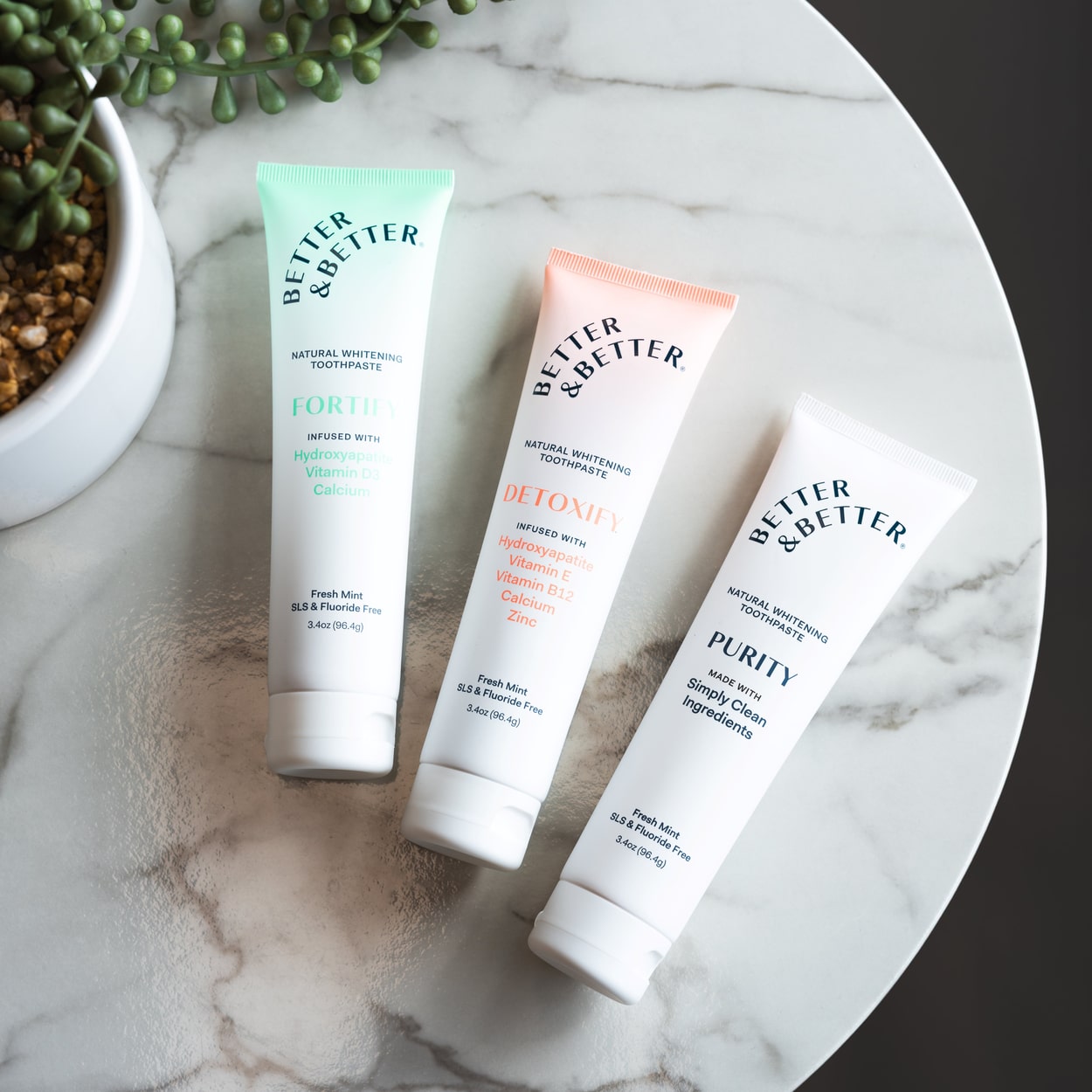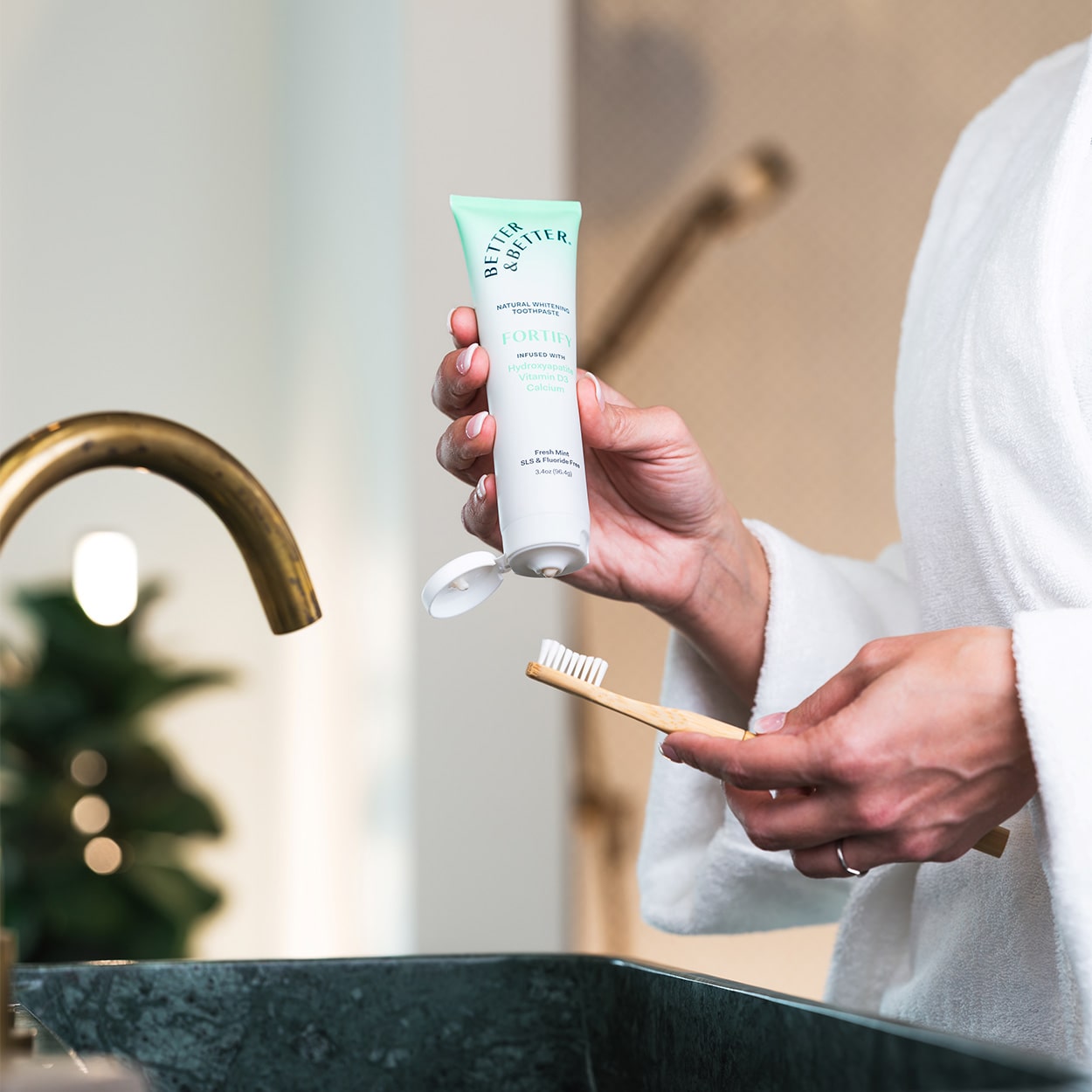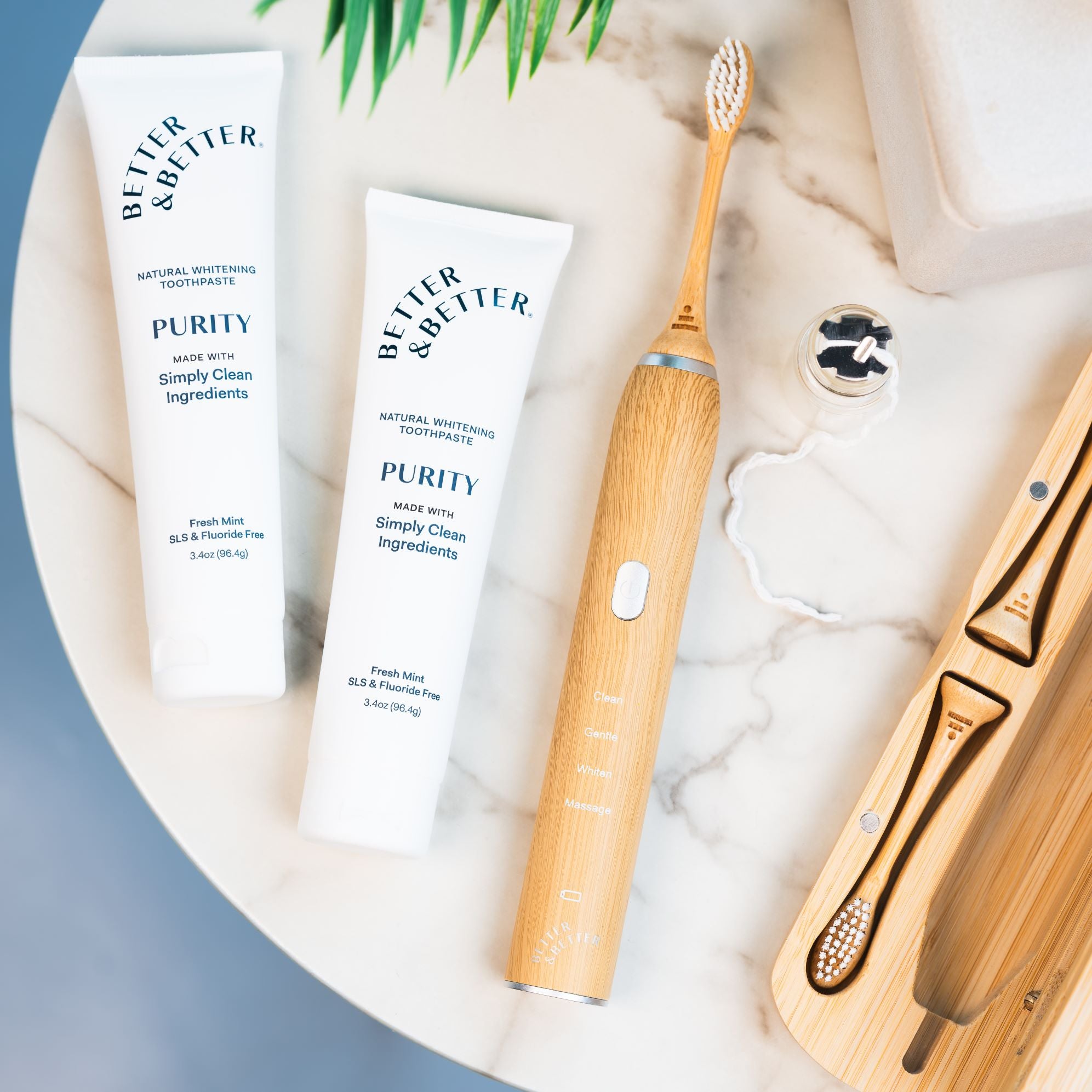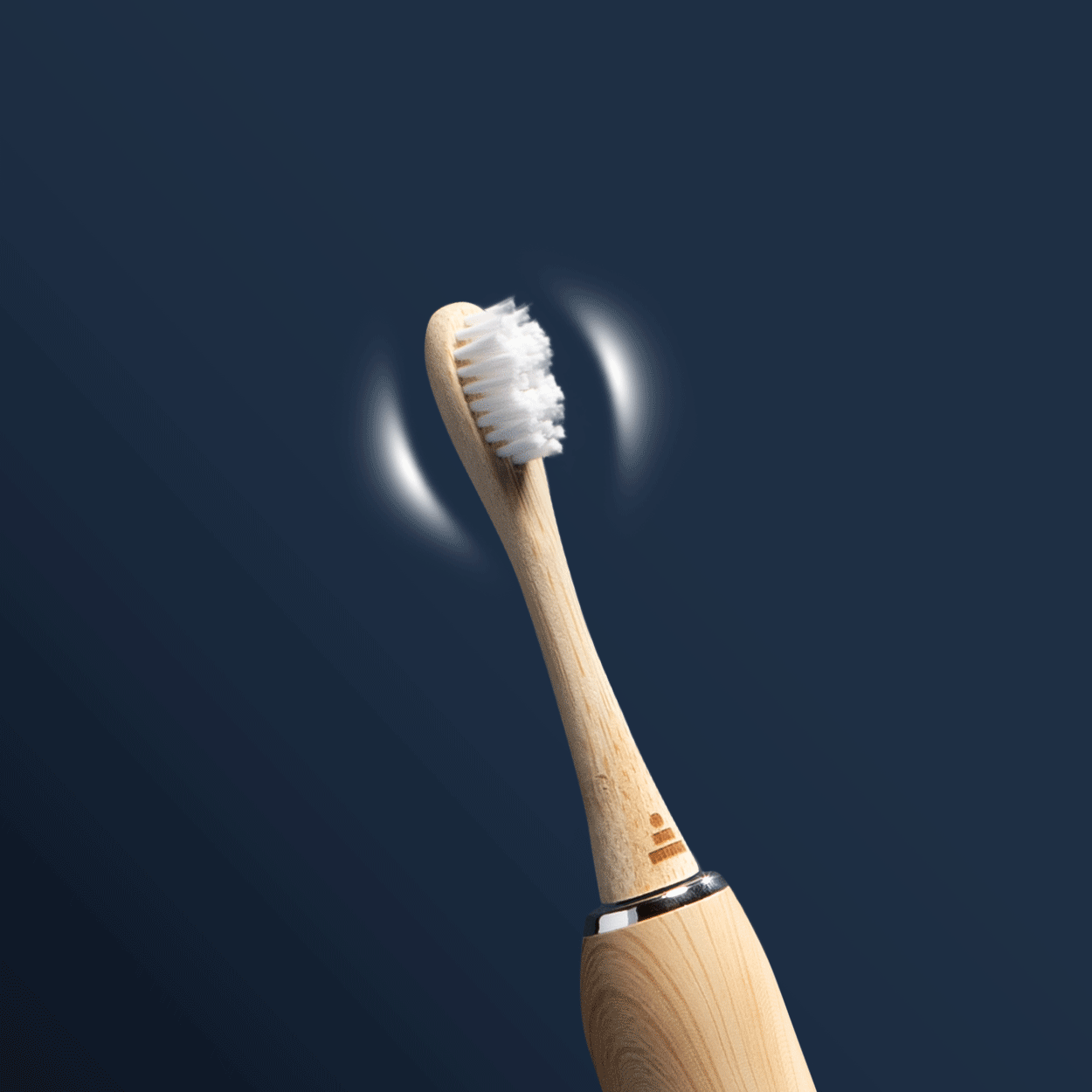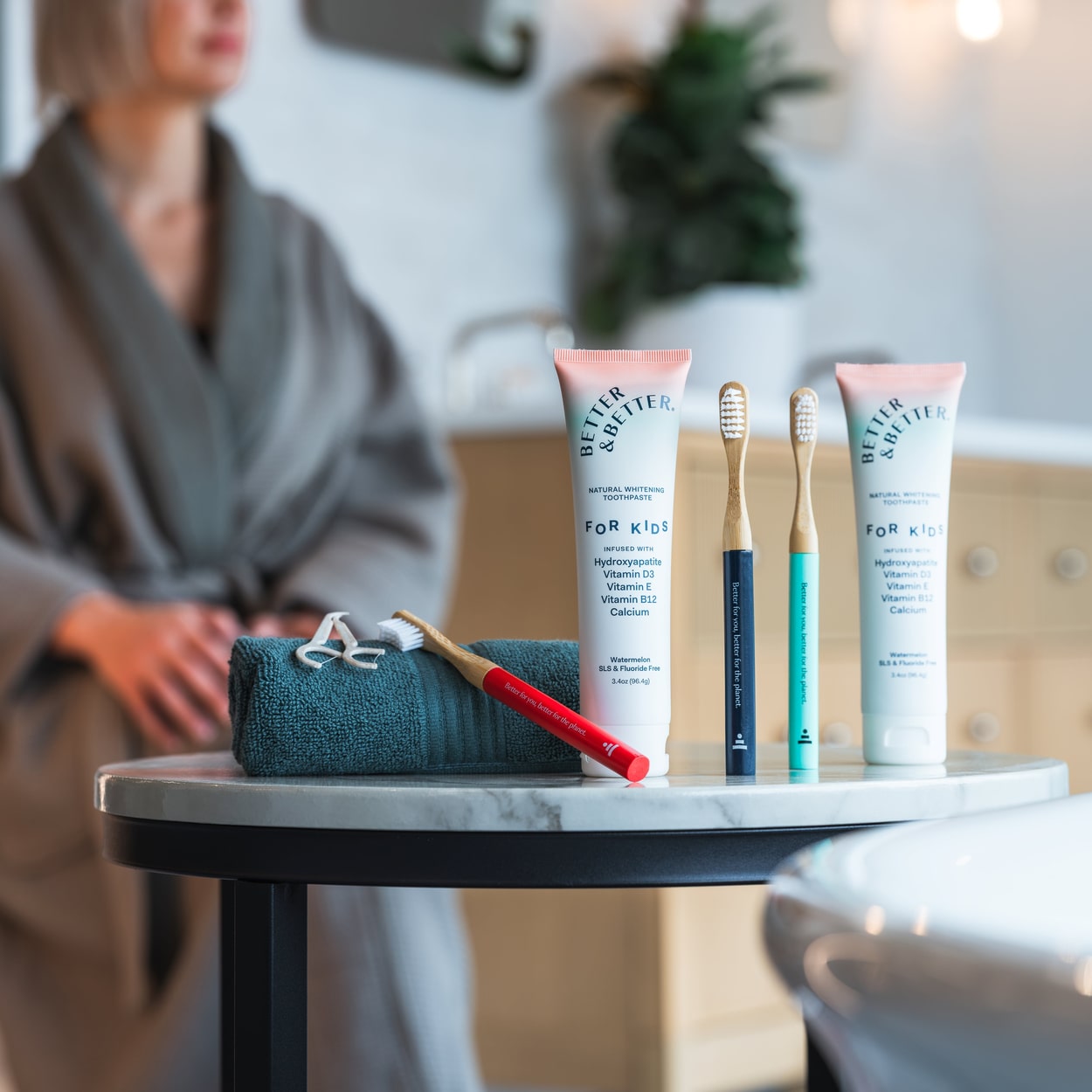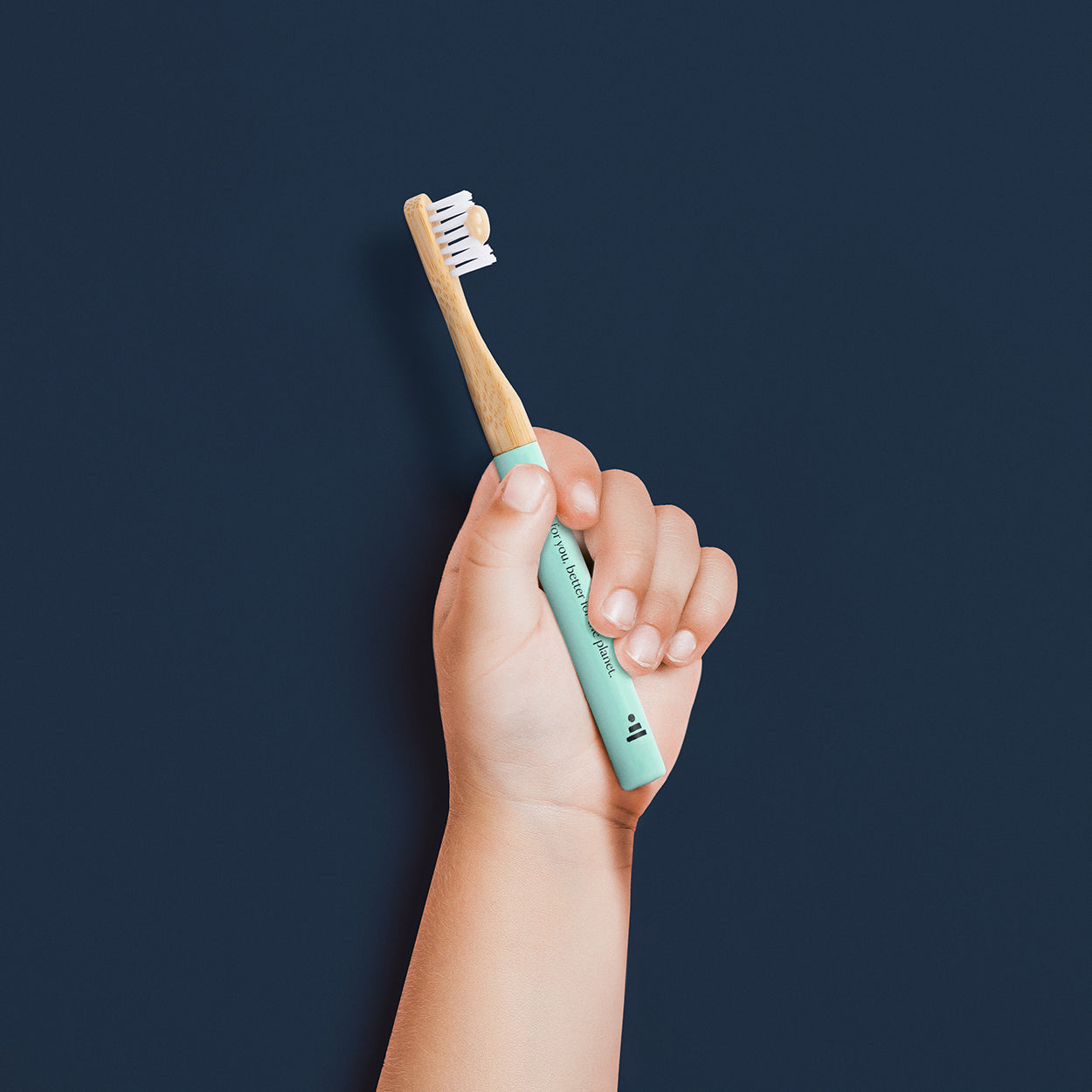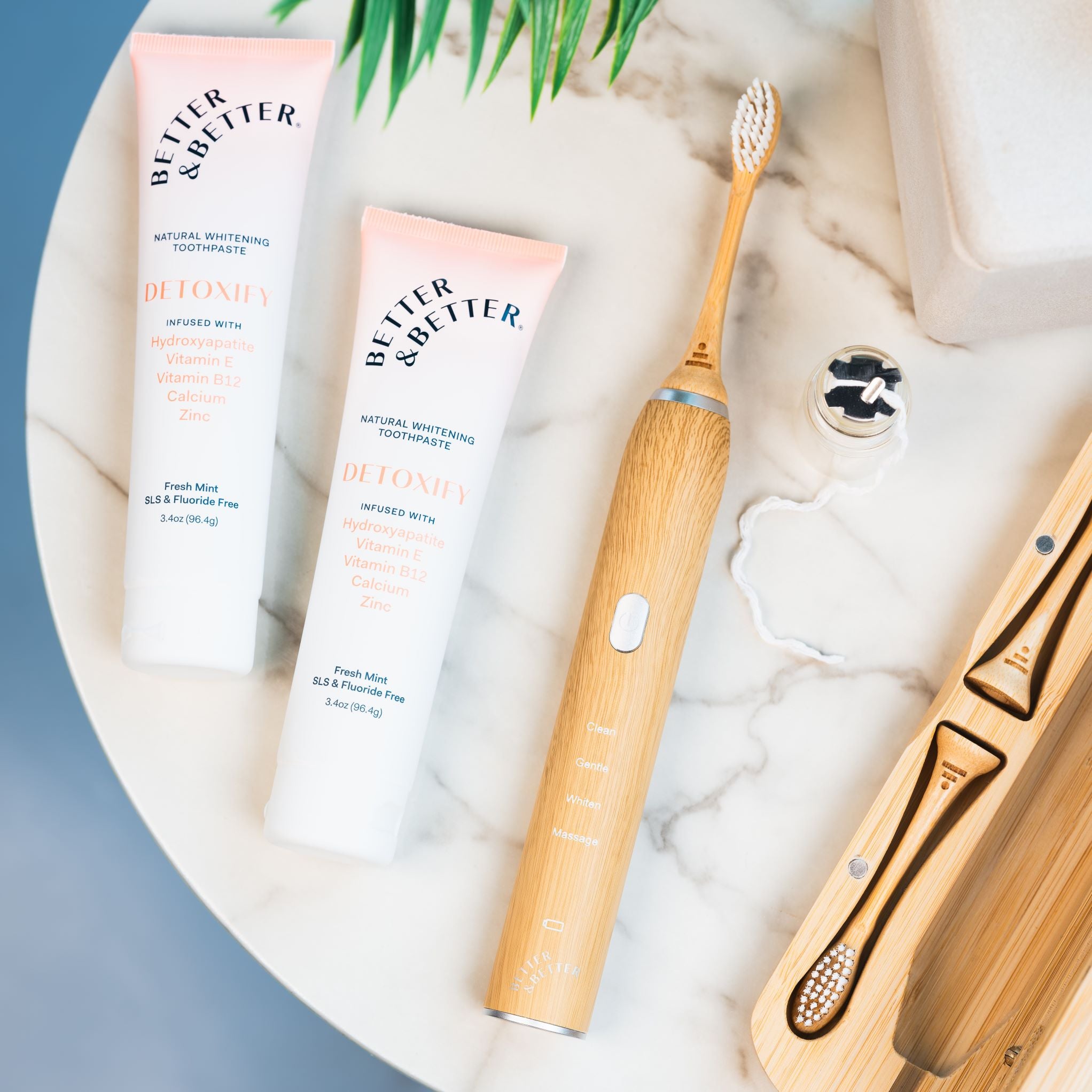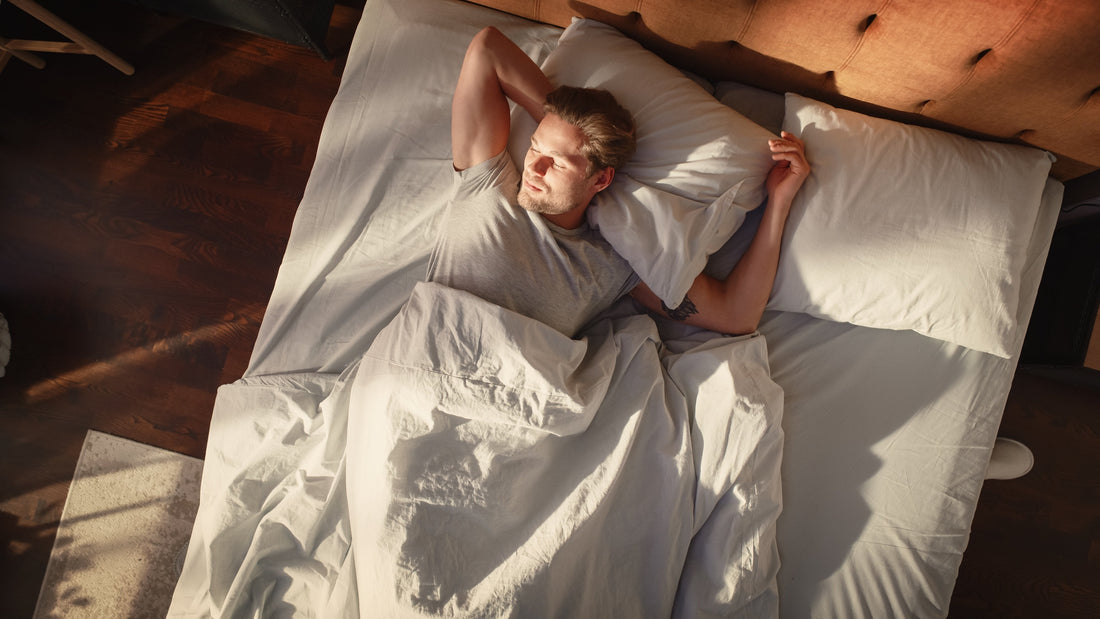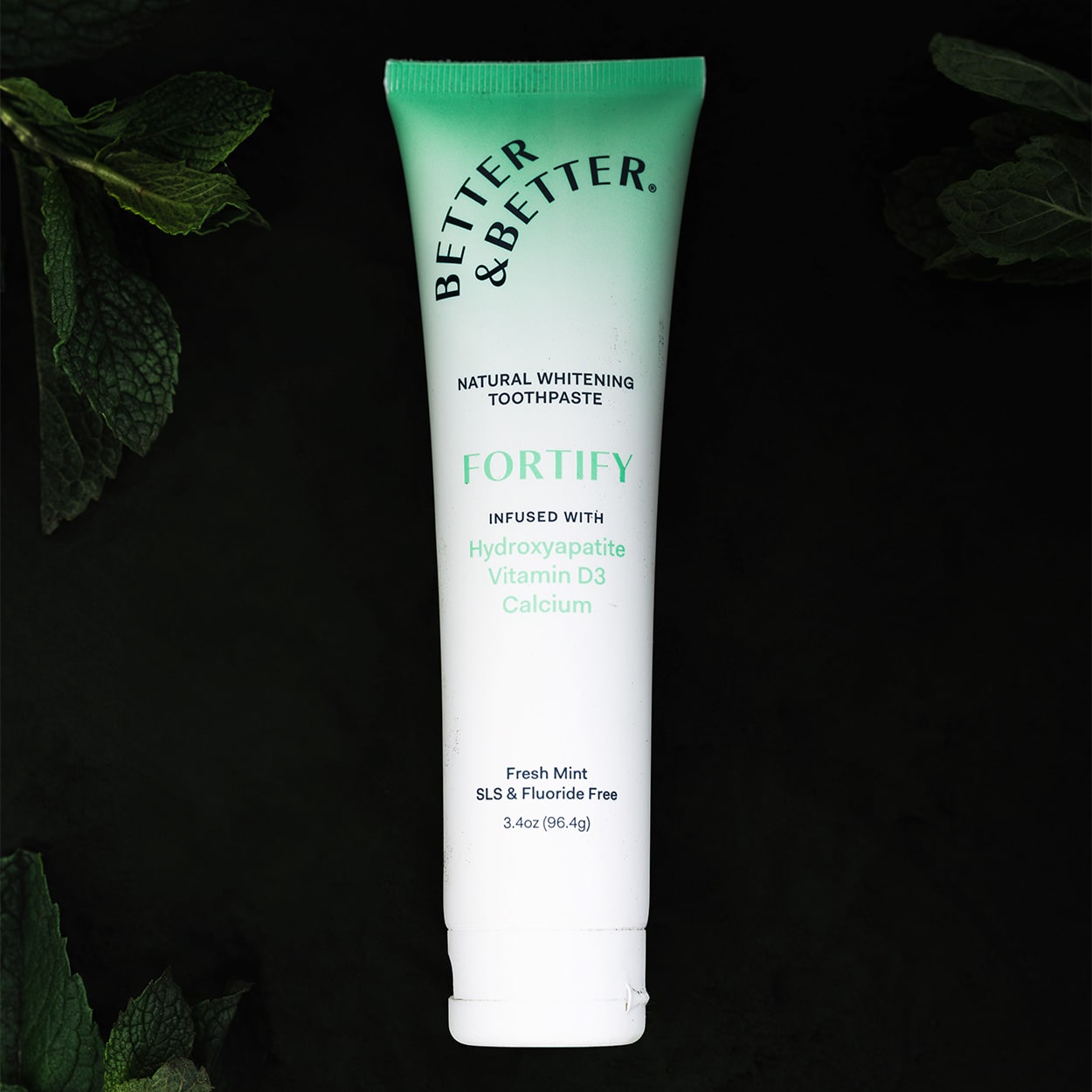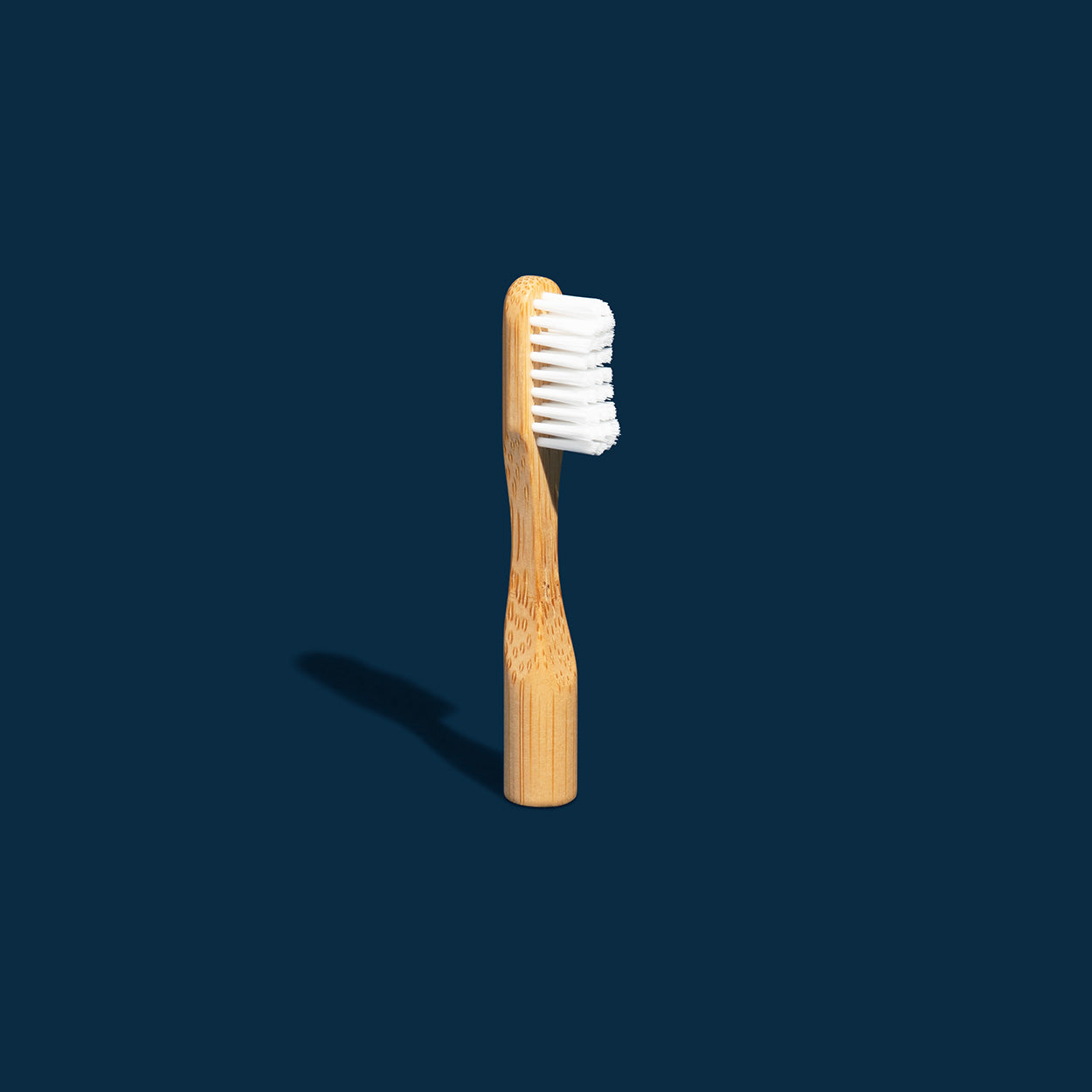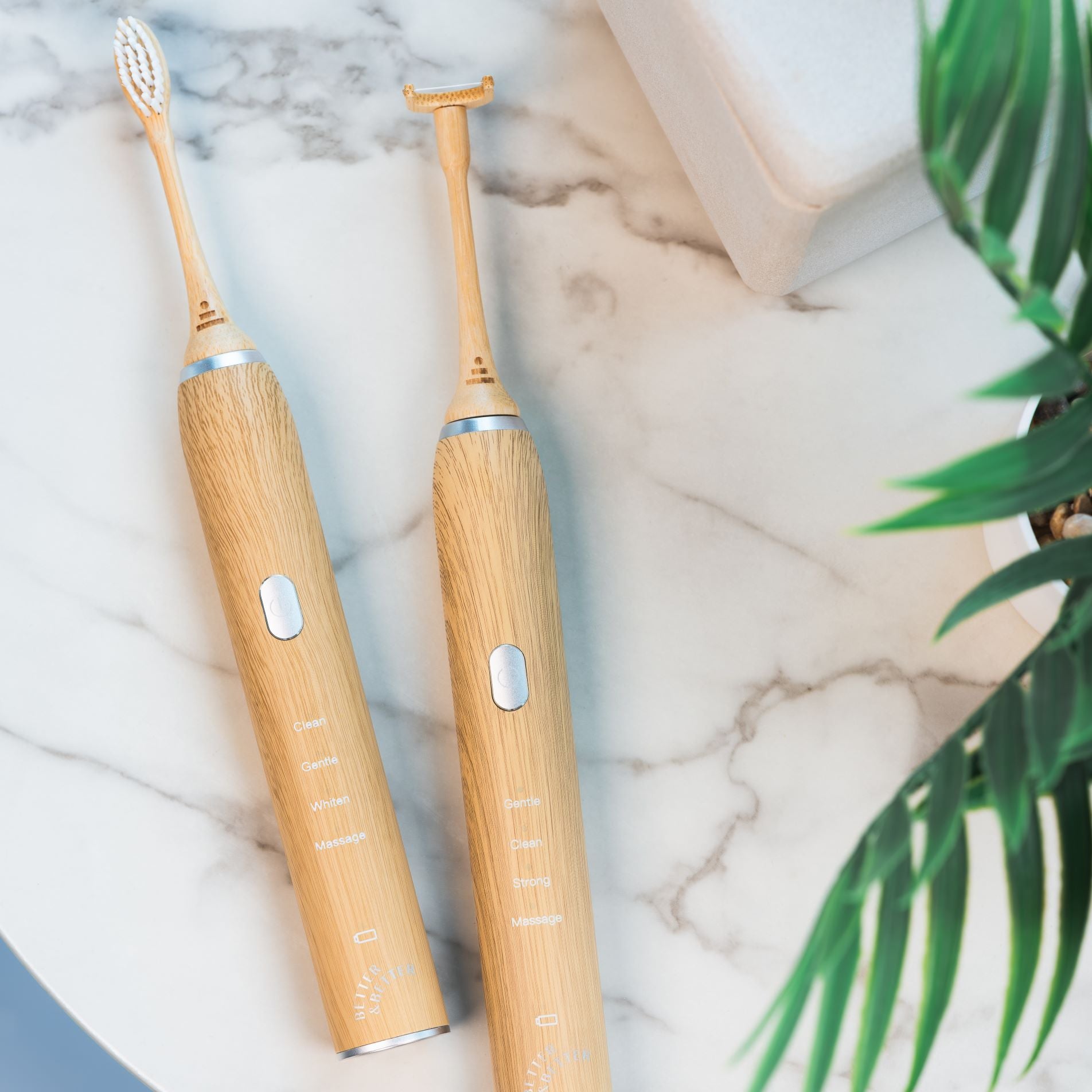It’s generally better to brush your teeth before drinking your morning coffee. The acid in coffee can weaken your enamel, making your teeth sensitive, so you should wait 30-60 minutes before brushing.
If coffee is a staple in your morning routine, you might be in the habit of brushing your teeth after that cup of joe to ward off bad breath and scrub away stains. Makes sense, right? You clean something after it gets dirty—in this case, your teeth.
Make no mistake: You definitely need to brush your teeth every morning. But brushing your teeth right after drinking coffee can do more harm than good, according to dental experts.
In this article, you’ll learn why it’s usually best to brush your teeth before enjoying your morning coffee and how to care for your pearly whites afterward.
Is It Better to Brush Your Teeth Before or After Coffee?
It’s best to brush your teeth before you drink coffee. The acids in coffee can weaken your tooth enamel, making it more susceptible to damage from brushing. When you brush your teeth immediately after consuming acidic beverages like coffee, you risk brushing away tiny particles of enamel that have been softened by the coffee’s acidity.
Brushing before drinking coffee can also help prevent stains, ironically. If you remove plaque buildup and your teeth are clean before you drink coffee, it's more difficult for coffee to bind to the surface of your teeth.
If you still prefer to brush your teeth after drinking coffee, wait 30-60 minutes. This allows your saliva to naturally neutralize acids and remineralize your enamel, reducing the risk of damage from brushing.
Will Brushing Your Teeth After Coffee Prevent Stains?
Brushing your teeth after drinking coffee can help remove stains by physically scrubbing away the pigment particles. However, brushing immediately after consuming acidic substances like coffee can be harmful to your teeth. As mentioned earlier, the acids in coffee soften tooth enamel, making it more susceptible to damage from brushing.
Instead of brushing immediately after coffee, try to wait at least 30 minutes. In the meantime, you can rinse your mouth with water to remove the coffee residue and stimulate saliva production.
4 Tips to Prevent Coffee Breath
The smell of fresh coffee brewing is enticing—but the same can’t be said about your breath after drinking it. Coffee contains sulfur, an odorous compound that’s a common culprit behind bad breath. Coffee also causes dry mouth, which can make bad breath even worse.
Luckily, you don’t have to choose between fresh coffee and fresh breath. Here are four tips to eliminate coffee breath:
- Use a zinc-infused oral spray like Balance after drinking coffee to naturally freshen your breath.
- Chew sugarless gum—ideally sweetened with xylitol—to mask the odor and stimulate saliva production.
- Brush your teeth with toothpaste containing zinc. A 2014 review concluded that zinc toothpaste significantly reduced breath odor compared to a placebo. (Just make sure you wait at least 30 minutes before brushing your teeth).
- Drink a glass of water to rinse away the coffee particles until you can brush your teeth.
3 Ways to Remove Coffee Stains from Teeth
Coffee contains tannins which have a tendency to stick to dental enamel and cause stubborn stains. These stains typically don’t present a medical risk, but chances are you’re not fond of them. Here are a few ways to remove coffee stains from your teeth.
1. Brush with Sodium Bicarbonate
Commercial whitening toothpastes often promise to erase stains. But the downside is that they contain harsh abrasives that can remove some of your enamel along with the stains.
To avoid that issue, opt for toothpaste with sodium bicarbonate (baking soda) and calcium carbonate—the natural stain fighters in all of our Better & Better formulas.
2. Whitening Strips
Teeth whitening strips are a popular over-the-counter option to remove stains. Many of them contain hydrogen peroxide, which can be very effective. However, hydrogen peroxide can also make your teeth sensitive and disrupt your oral microbiome.
Be sparing with whitening strips and always get your dentist’s approval before using them.
3. Professional Dental Whitening
Your dentist may offer in-office teeth whitening using hydrogen peroxide or calcium peroxide. They can use stronger versions of these ingredients, which means the results could stick around longer. However, because these concentrations are potent, it's important for a professional to handle these treatments to ensure your oral health isn't compromised.
If you’re in New York City, check out beambar, a walk-in teeth-whitening studio founded by dentists.
Make Your Morning Routine Better & Better
If you’re a caffeine junkie, coffee is probably the highlight of your morning. But there’s something else besides that cup of java that you need for the ideal morning routine: Better & Better.
Between our natural whitening toothpaste and bamboo sonic electric toothbrush, you can easily combat coffee stains and freshen your breath without any nasty plastic, toxic fluoride, or harsh abrasives.
Whether you brush your teeth before that first sip or prefer to wait 30 minutes, our oral care essentials are the perfect companions for your morning pick-me-up.


